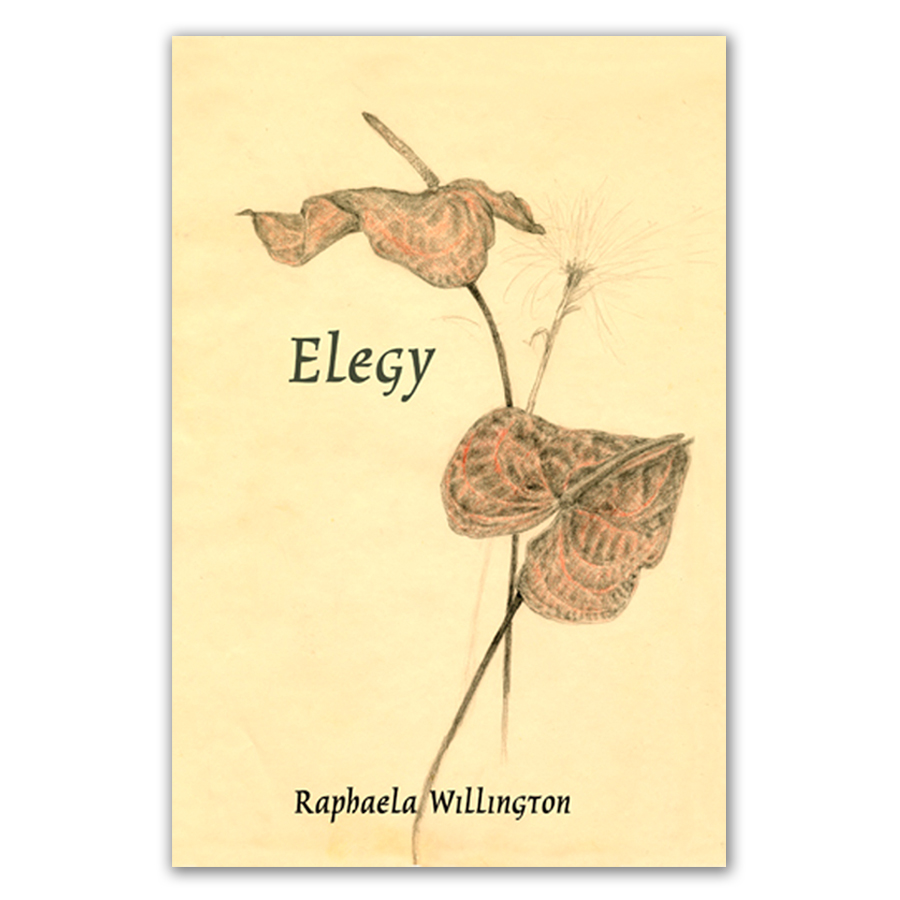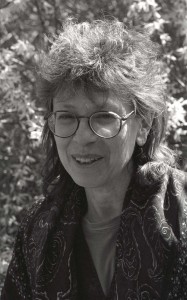Elegy by Raphaela Willington
A collection of poems that are “whispers and magic incantations from that place we dare not look“
Raphaela Willington died on January 6, 2004, of ovarian cancer. Death became her muse in her last years. It wasn’t only her cancer. I recall clearly the night in September 1997, a year and a half after she had received her grim prognosis. She was recovering from months of an aggressive experimental chemotherapy that made her feel she was near death or “worse than death” when she telephoned me from her parents’ home in Briarcliff, New York. It was well past midnight. “John, don’t freak out,” her first concern for my reaction. She said state troopers had just come to the door to inform her that her parents had both been killed in a car crash on their way home from visiting her sister Karen and family in Boston. Her voice over the phone was reflective. It suggested to me that she had become intimate with death and would find a way to face these deaths, too.
Some of how she faced it can be found in this collection of poems. Philosopher Martin Heidegger observed that “death is capable of the greatest lighting up of being and its truth.” One suspects that death is never far from most creators’ minds. When I suggested to my old friend that she collect her poems on death, it is not surprising that some of the ones she selected showed dates of original composition before learning her bleak prognosis. Nevertheless, I know that these were selected, revised and sharpened by the elegiac perceptions that accompanied what she called her “crash course in dying.”
—From John Briggs’ Preface to Elegy.
“Meditations crafted by an emotionally complex mind, poems in Elegy are as deeply felt as prayer. Raphaela Willington faces not only the death of her mother and father but her own certain death from ovarian cancer. Rather than focusing on how few days may be left, she counts the number of woodchucks—forty-one—that she has helped to catch and release. The gravity of death weights these poems, but Willington gives us a message of hope by showing how the human spirit can struggle with the blackness and uncertainty of death and not be broken.”
—Vivian Shipley, author of All of Your Messages Have Been Erased
“Raphaela Willington’s Elegy gracefully glides through a decade of recollection, yet modulates from one year to another, giving us the poet’s sense of that uncertain longing found in all natural landscapes, whether seasons, creatures, mother, father, self. With her inventive use of personification, we are able to experience when the squirrel “brilliantly bargains” against death. The overtones in this collection do not just emit sorrow; they also impart starkness, simplicity, and surrender to “a beautiful song / you cannot help singing.”
—Theresa Senato Edwards, author of Voices Through Skin and Painting Czeslawa Kwoka ~ Honoring Children of the Holocaust
“In Elegy, Raphaela Willington is death’s anthropologist. More than poems, these are excavations, prayers, obituaries, whispers and magic incantations from that place we dare not look. Raphaela looks for us and finds the beauty in decay, the “pungent, white” gorgeous stories, its truths.”
—Elizabeth Cohen, author of The Family on Beartown Road: A Memoir of Learning and Forgetting and The Hypothetical Girl
“Raphaela Willington’s poems illustrate an existential truth: the act of facing death squarely and honestly adds an important dimension to human life. As Raphaela faces the real crows, she becomes free to write these poems; the ‘inner crows’ become free to ‘illuminate our minds with acts of deathless love.’”
—James Scrimgeour, author of The Route and Other Poems, and Monet in the Twentieth Century


